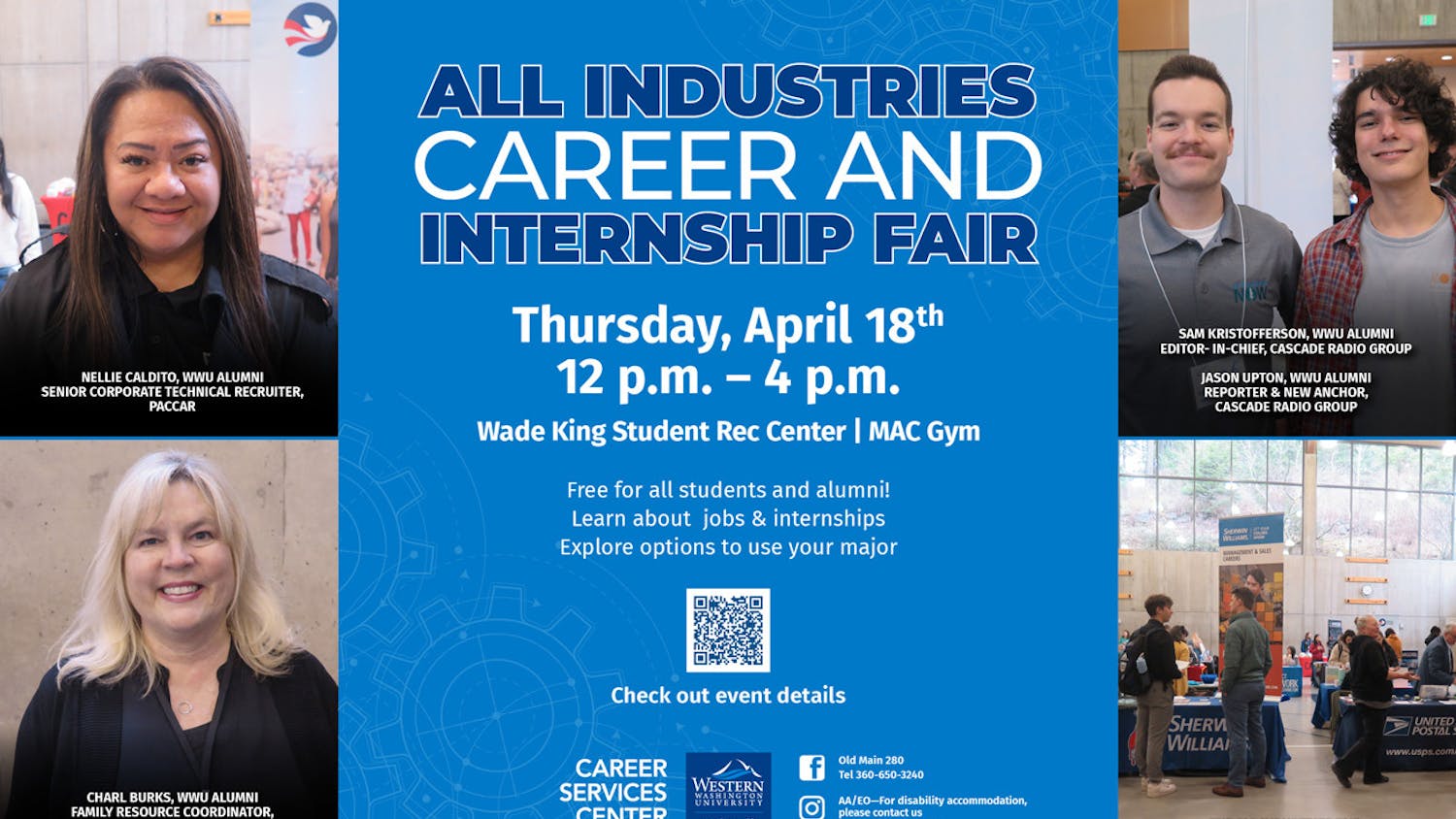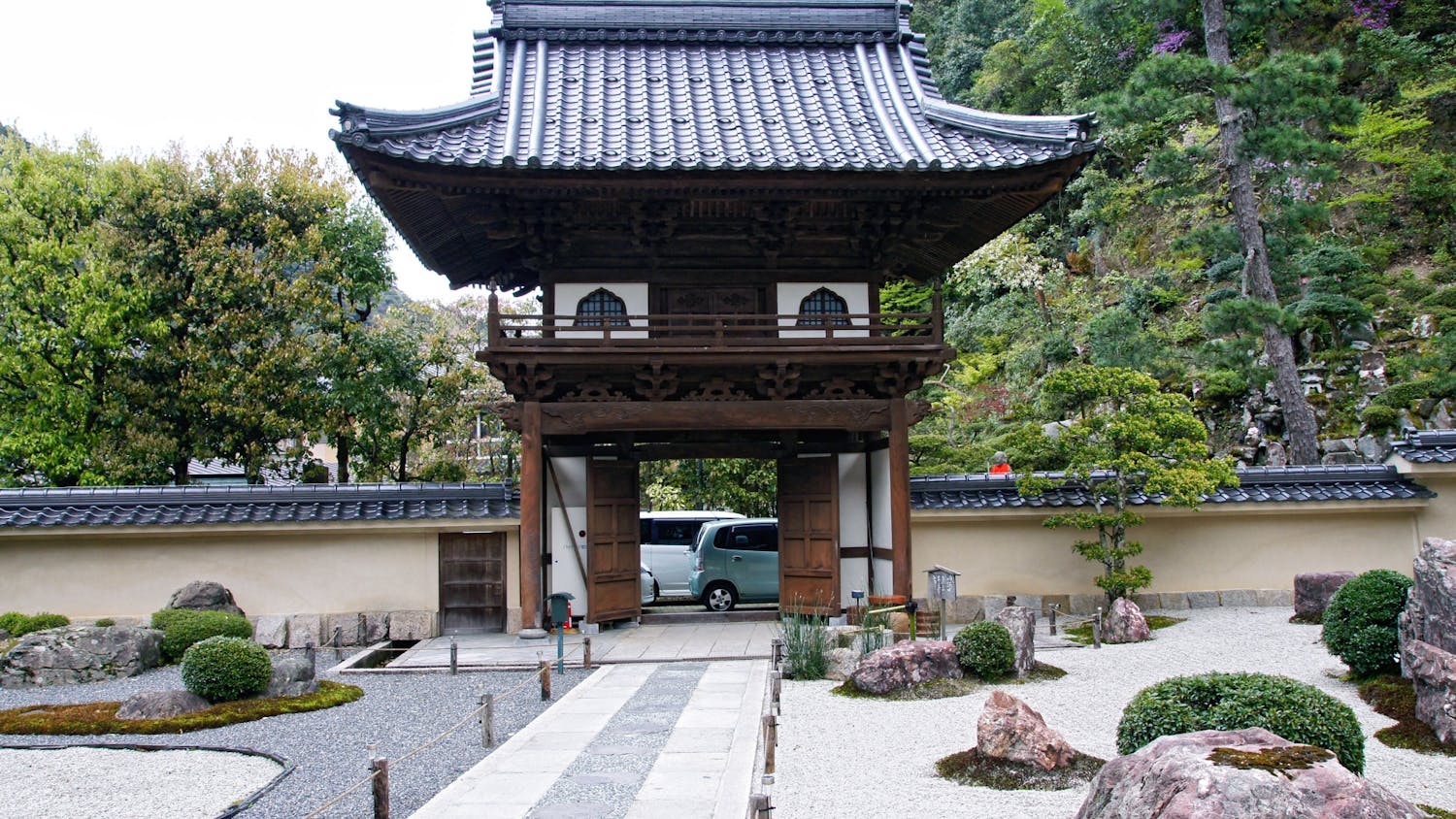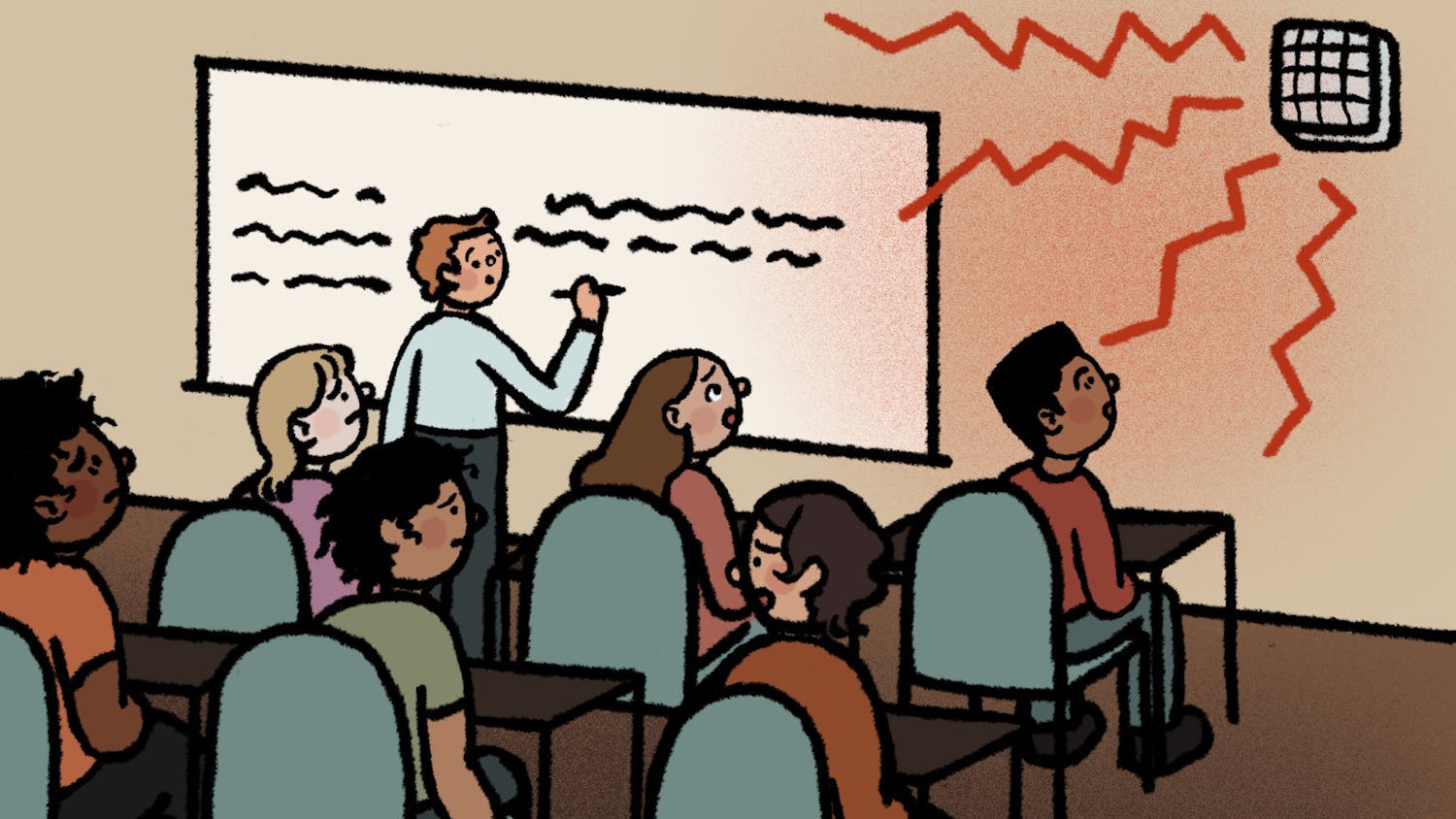
One of the projects in the Western Gallery's In-Site: A New Realism exhibit. Photo courtesy of Western Involvement Network.
With most interactions now taking place online, how does one express their personal identity?
On Thursday, Oct. 29, the Western Gallery and the Teaching Learning Academy hosted a Zoom collaborative dialogue focusing on the topic of art and identity.
The discussion was centered around the gallery’s annual Bachelor of Fine Arts exhibition, which displayed the art projects of 10 students who graduated Western’s BFA program last year.
The artwork in the exhibition, titled “In-Site: A New Realism,” all followed the theme of evoking new ways to perceive reality, according to the gallery’s event description. Students, staff, faculty and members of the community were all encouraged to participate in the discussion.
The meeting started with a quick video tour of the gallery exhibit, followed by a 25-minute panel where two of the artists, Amanda Kartes and Sarah Kindl, answered questions regarding their work. The audience was then divided into smaller breakout rooms, where trained facilitators from the library guided the discussion on art and identity.
Nathan Romond, a teaching and learning specialist at Western’s library, was one of the meeting facilitators. Romond said the panel aspect of the meeting was new to the TLA’s series of dialogues they’ve been hosting since 1999, but he welcomed the new addition.
“We found that it really helps our participants dig into the small group dialogue a little bit more, to get a little bit of that context and background,” Romond said. “It helps to see their ideas and bring more complex dialogue into the small groups.”
Amanda Kartes, Western alumna and one of the artists who answered questions in the meeting, also saw value in the addition of a panel.
“What I really enjoyed was the fact that we were talking about the way we personally used identity and self within our work,” Kartes said. “I think it was nice because it showed that you can approach a similar sort of theme within your work and still be able to do it in different ways.”
Kartes’ contribution to the exhibit was a large-scale dining room she created out of ceramic, wood, papier-mâché, oil and glass. She made the piece with the intent of exploring relationships with eating and food, with themes rooting from her childhood.
In the exhibit’s catalog, Kartes describes how the project explores the themes of “my disordered relationship with eating, its intricate relationship to societal expectations, and my family’s own perception of food as it relates to body image.”
Though participants were only able to get a look at the artwork through the initial video tour of the exhibit, Romond believed it was the best they could do given the circumstances.
“I think that whenever you’re viewing art in a way that it’s not actually there and tactile, you’re going to lose something,” Romond said. “That being said, we still were able to capture a lot of what was being conveyed by the art in that brief video tour.
The discussion brought great feedback from people around the community and the participating exhibition artists.
Kelly Hart, the executive director at Allied Arts of Whatcom County, said she appreciates the job Western has been doing to keep art alive in the community through their virtual shows and tours.
“Art is one of the key forms of expression, especially during times of stress and conflict,” Hart said. “It’s an amazing way to get ideas out in a constructive manner.”
With all of the divisiveness and isolation occurring throughout the year due to the elections and COVID-19, Romond stressed that art is important now more than ever.
“The more that we take the time to listen to others and share our own authentic perspectives, the more we’re all going to learn and grow, and be able to understand the world and the people that we’re surrounded by.”
Jason Upton is a second-year journalism major and reporter for The Front. He can be reached at jasonupton.westernfront@gmail.com.





